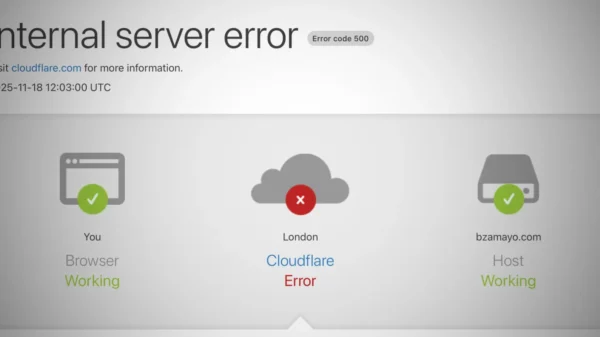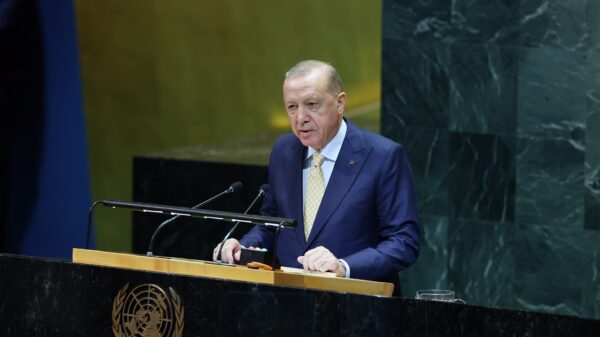Despite a double-digit surge in global Internet connectivity witnessed in 2020, the latest data from the International Telecommunication Union (ITU), the United Nations’ tech agency, reveals that a substantial portion of the world’s population remains offline. In 2023, the number of individuals not connected to the Internet declined slightly, but a staggering 33 percent, equivalent to an estimated 2.6 billion people, are still without online access. Only 67 percent of the world’s population, or 5.4 billion people, are connected to the Internet, according to the report.
ITU Secretary-General Doreen Bogdan-Martin lauded the progress made, emphasizing that improved connectivity aligns with the United Nations’ Sustainable Development Goals. “This improvement in connectivity is another step in the right direction, and one more step towards leaving no one behind in support of the UN Sustainable Development Goals,” said Bogdan-Martin. She added, “We won’t rest until we live in a world where meaningful connectivity is a lived reality for everyone, everywhere.”
The report also highlights that the most robust growth in Internet connectivity is occurring in low-income countries, where Internet users increased by approximately 17 percent over the past year. However, even with this growth, less than one-third of individuals in these countries are connected to the Internet.
These findings underscore that the surge in Internet connectivity observed during the peak of the Covid-19 pandemic in 2020 was short-lived. Current trends suggest that achieving the goal of universal and meaningful connectivity by 2030, as set forth in the United Nations’ agenda, remains uncertain.
To attain universal and meaningful connectivity by 2030, which entails ensuring that everyone can access the Internet affordably and enjoy a safe, satisfying, enriching, and productive online experience, a comprehensive approach is necessary. This approach should address not only infrastructure but also factors like affordability and digital skills.
The Internet has become an indispensable tool for accessing information, employment opportunities, and education. Individuals without meaningful access to the Internet risk being left behind in an increasingly interconnected world, particularly as technologies like artificial intelligence become more pervasive in our daily lives.




































































